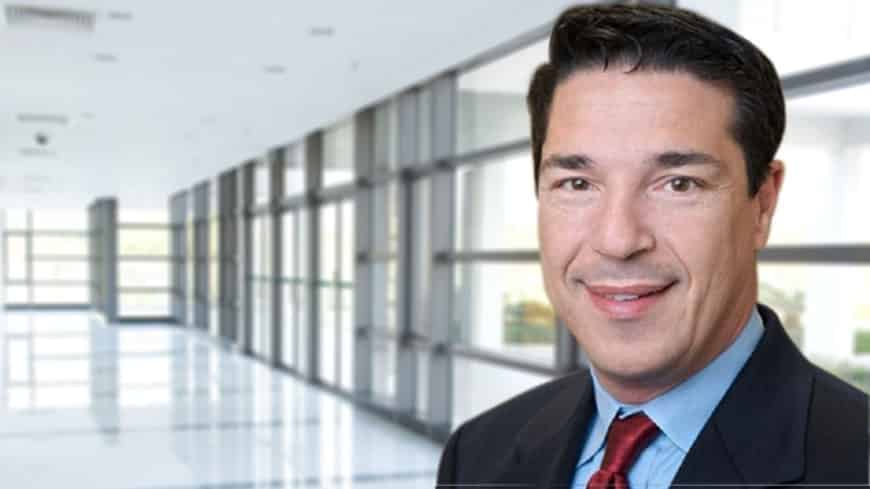Dr. Schlomo Schmuel is a
tri-lingual podiatrist from Los Angeles. He currently works at the Sunset Foot
Clinic and has a grand total of 20 years of experience in the field. He got his
doctorate’s degree from Kent State University after which he attended the
University of Southern California Medical Center in Los Angeles County. While
there, he completed an internship and his residency. Besides medicine, Dr.
Schlomo Schmuel spends a lot of time with his friends and family, sailing, as well as exercising on a regular basis.
What was your best/favorite subject in school?
Although this may not come as a surprise, I would have to say the Intro to
Anatomy. I took it when I was in high school for one of my AP credits with a
professor who was teaching at a local community college. For most of my
classmates, this class was one of the most challenging in their entire academic
career. For me, however, it felt very natural and somewhat easy. I was able to
do well with a minimum amount of studying because I would remember things just
by hearing them.
Where and how did you first get into the industry you currently work in?
Well, it started back at Kent State where I obtained my doctorate. I originally
applied to pursue general medicine because I was unsure of the specific field
that I wanted to be in. After going through some classes, however, I finally
found podiatry and felt like it was calling out to me. Ever since then,
everything that I have done has somehow snowballed into the current state of my
career and I am very happy with the way that it turned out.
How do you keep yourself motivated?
The fact that my work revolves around people and their well-being helps me stay
motivated almost all the time. For instance, when I do not show up to my office
for whatever reason, there is a pretty good chance that someone will not be
able to get their foot-related problems resolved. Consequently, they will be in
more pain due to my absence. Knowing this helps keep me accountable to always
be there for my patients and anyone who may not know how to overcome a certain
health struggle.
What kind of business ideas excite you most?
The ones that involve teams of people who can work together and complement one
another. In my field, a lot of what I do on a daily basis has nothing to do
with team-based environments. For instance, I meet with my patients alone and
there is usually nobody besides me there. This is why I have learned to
appreciate the cases where people can work together towards the same goal and
use each other’s strengths to overcome adversity.
Have you ever tried any unorthodox techniques to attract attention to your business?
Not that I can recall. I have nothing against people who use unorthodox methods
to get more inquiries. In fact, doing so is just another proof that creativity
can yield in more momentum and revenue. In my case, however, the fact that I
started working when the supply of podiatrists was miniscule made it much
easier to get patients and stay busy. Nowadays, although most of the new
doctors are competing with one another, I get to spend a lot of my time working
with long-term patients that have been treated by me for years.
What personal achievement are you most proud of?
Being able to maintain a positive track record for more than 20 years. When you
are a doctor, you work in extremely stressful environments that can push you
outside of your comfort zone and force you to feel a wide range of emotions
within a short span of time.
Due to this, a lot of physicians have to relocate or find some kind of a hobby
to keep their mind relaxed when they are not working. Unfortunately, such
issues can cause burnout and they tend to lower the quality of patient care
that doctors provide. So, being able to maintain a very high standard of care
through a lot of adversity is something that I am very proud of.
What wisdom would you have liked to share with yourself when you first started out?
I would advise myself to start leveraging my knowledge of multiple languages
sooner. I did not really rely on multilingualism during the early years of my
career because I was not aware of how useful this skill can be. Now, after
meeting many patients that communicate with me in languages other than English,
I realize how game-changing this talent can be.

